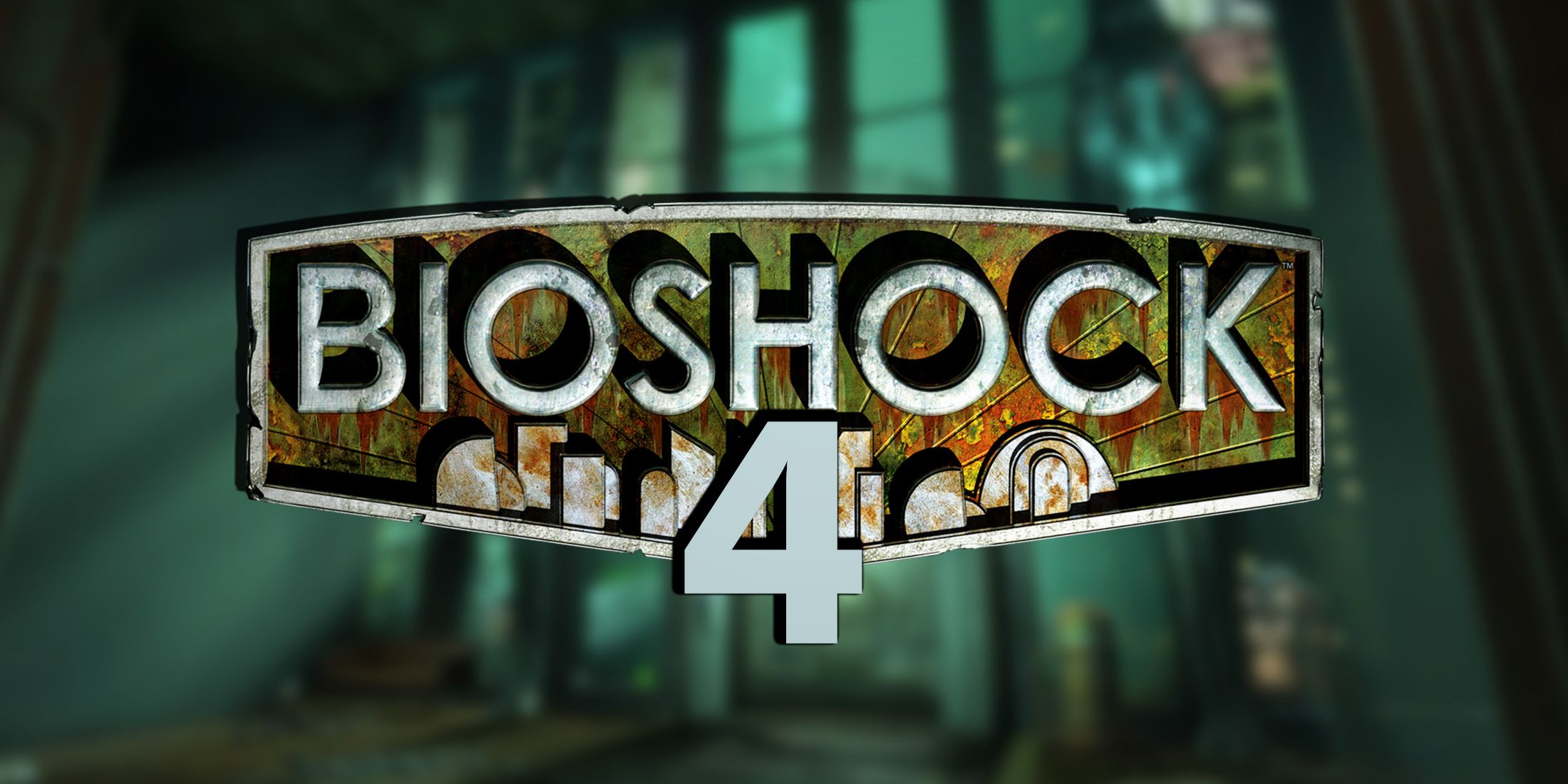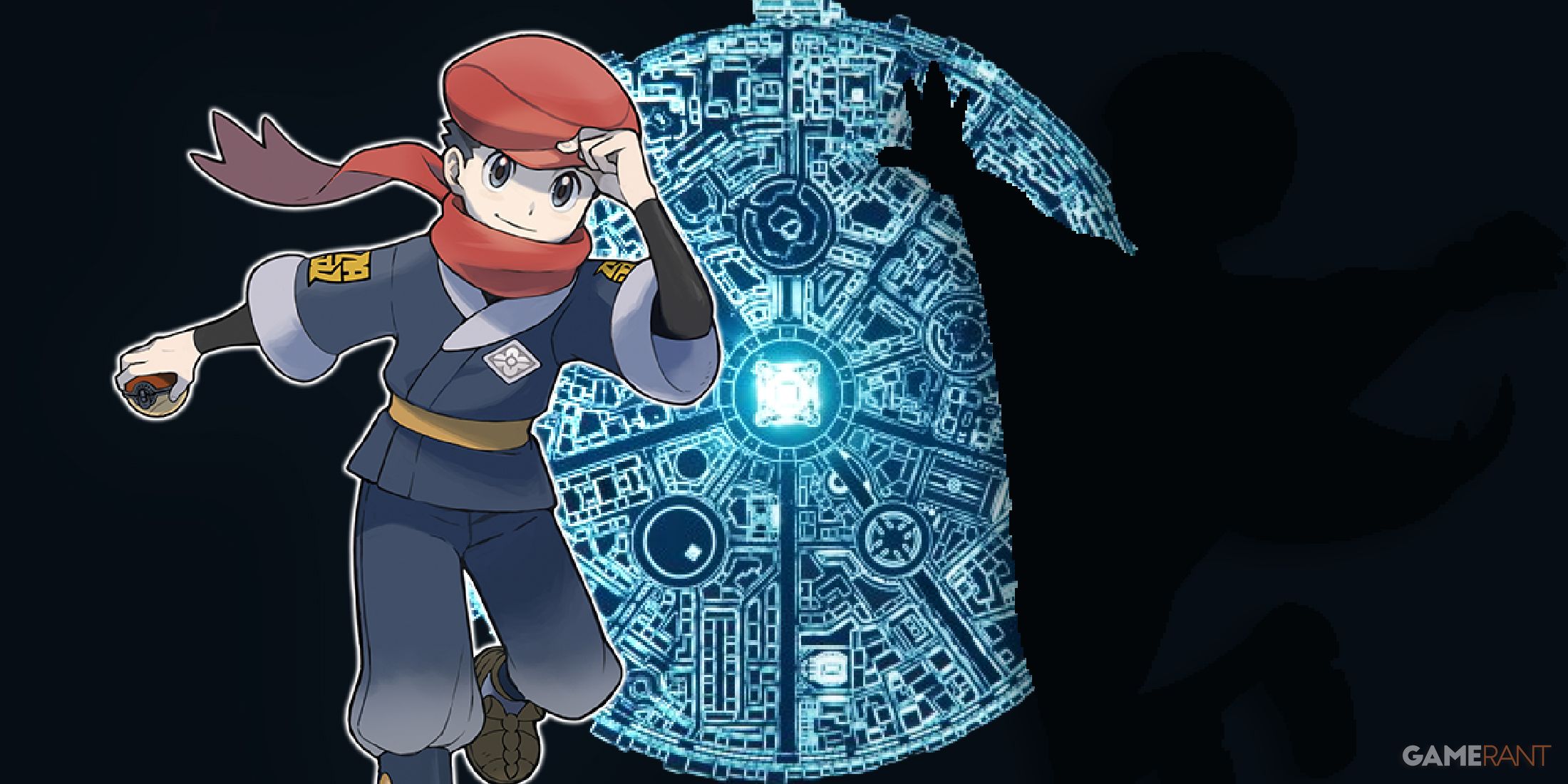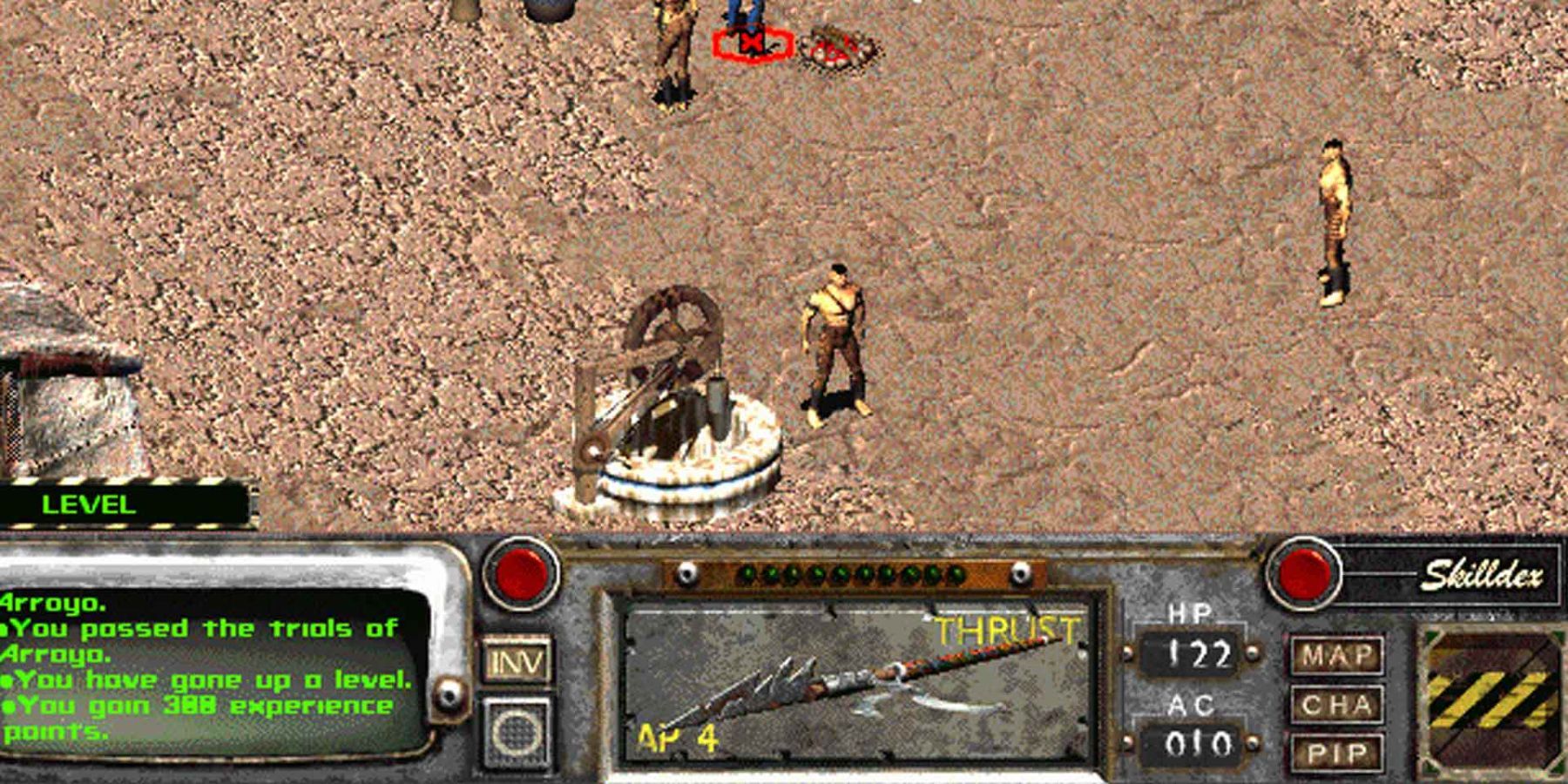Highlights
- Fallout's shift towards a more modern RPG design in recent entries may have neglected the classic CRPG framework that defined the series in its early days.
- A future Fallout game could benefit from returning to the top-down, turn-based mechanics of the first two games, as demonstrated by Baldur's Gate 3's success.
- Taking a more old-school approach would allow for a fresh take on exploration, more strategic combat, and a focus on complex RPG systems and branching narratives.
The Fallout franchise saw a massive resurgence in popularity with the release of Fallout 3 in 2008, and much of that game's success can be attributed to how Bethesda modernized the established RPG formula of the series. This trend would continue all the way through Fallout 76 and Fallout 4, the last mainline entry. While the more modern design philosophy of current-era Fallout games has its merits, fellow modern RPG Baldur's Gate 3 shows that the franchise could benefit from taking a more old-school approach in a future game.
Before it was a first-person RPG similar to The Elder Scrolls, Fallout sported a top-down perspective, giving the player a birds-eye view of the environment. When it came time to fight, the game would enter a turn-based combat system, where players had to manage their action points and devise appropriate strategies to take down their enemies. In these ways, Fallout and Fallout 2 followed a traditional CRPG framework. By the time Fallout 3 released, expectations for RPGs had changed a bit, and new Fallout developer Bethesda took the series in a different direction, focusing more on cinematic flair, graphical fidelity, and real-time gameplay than CRPG conventions. However, as the recent BG3 has shown, there is still room for more classic CRPGs, and the next Fallout game should take note.
A Future Fallout Game Could Turn Back the Clock
Fallout is characterized by its intriguing lore, colorful characters, dense atmosphere, and satisfying progression systems. These elements have been strengthened and developed with releases like Fallout 3, Fallout: New Vegas, and Fallout 4, and they could continue to grow and be experimented with if the series switched up the format. While the next mainline Fallout game could keep the first/third-person, real-time gameplay staples of the modern entries, a spin-off title in the vein of Fallout: New Vegas should take a note out of BG3's playbook and return to the top-down, turn-based mechanics of the first two Fallout games.
There are a few advantages to this design approach. For one thing, a top-down perspective can offer a fresh take on exploration, allowing for bespoke environments that have more than just basic loot to uncover. The game map could be shrunk down to fit this new approach as well, as there could be a greater emphasis on density in specific locations, rather than general sprawl. Combat in modern Fallout games has always been a little bare bones, with arguably the most exciting combat feature being the V.A.T.S. system, so a turn-based structure could offer a refreshing alternative, focusing more on strategy and positioning. This would also open the door to more out-there and creative special abilities, as the game would not have to be shackled by the constraints of real-time gameplay and specific button inputs.
Going back to the series' old style could also mean a lesser focus on things like real-time movement mechanics and controls, which could free up development resources and allow for the buttressing of complex, branching quest lines and deep RPG systems. Exploring the world from a top-down perspective, perhaps with strict point-and-click controls, would let Fallout center more on the basics of RPG design, and players would be focusing less on the moment-to-moment gameplay and more on the broader narratives, quests, and class options.
Of course, there is nothing inherently wrong with the direction the modern Fallout games have taken, and there are certainly areas where they can be seen as superior to classic CRPGs like Baldur's Gate 3. However, it could also be argued that Fallout has shifted away from its more complex RPG roots, as the newer games focus more on real-time combat and contemporary approaches to exploration and narrative design. Baldur's Gate 3 proves that an older style of CRPG can still be successful, and Fallout should follow its lead.





